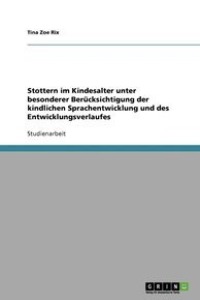
Liknande böcker
Keeping out of Trouble : A Preventive Approach for Secondary Students
Bok av Tina Rae
The Keeping Out of Trouble programme will enable secondary schools to provide interventions targeted at students who are, or are at risk of, committing criminal offences. By developing the students' awareness of victims, the consequences of their actions and sensitive issues as well as by encouraging students to engage in self-reflection, students will develop the strategies, knowledge and understanding to support themselves in making informed choices about their behaviour and future actions. This essential new resource is based on a programme that was developed by staff in the Youth Offending Team and The Hillingdon Pupil Referral Unit, who recognised that students needed more support. The programme fits in with the Every Child Matters agenda, tackling the 'Be Healthy' 'Stay Safe' 'Enjoy & Achieve' and 'Making a Positive Contribution' aims. The Keeping Out of Trouble programme consists of an initial tutorial session, followed by 16 group sessions and a final self-evaluation and target setting session. These strands of support aim to meet the following objectives: *To enable students to develop consequential thinking *To encourage the development of victim awareness *To develop an understanding of restorative work and ways that they can engage in this kind of work *To enable students to develop an awareness of their own feelings and the ability to label, identify and express these feelings in a safe way *To further develop personal insight, gaining knowledge of strengths and weaknesses and the ability to take structured criticism and feedback *To encourage the development of confidence and self-assurance *To encourage the development of self-reflection skills *To develop an awareness of the consequences of their behaviours - both for themselves and others *To further develop a sense of responsibility and locus of control, that is, to have internal control *To encourage students to further develop and appreciate the perspectives of others, that is, empathy *To encourage students to develop a range of strategies to pre-empt and avoid anti-social and offending behaviours *To encourage facilitators and students to cooperate as joint problem-solvers, engaging in wide ranging discussions around key issues The programme is aimed at: *All young people, especially those who have demonstrated anti-social or criminal behaviour *A group of young people of a similar age *Young people who have not been identified as prolific offenders







